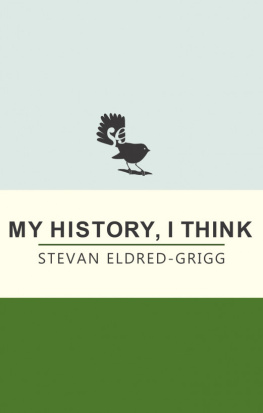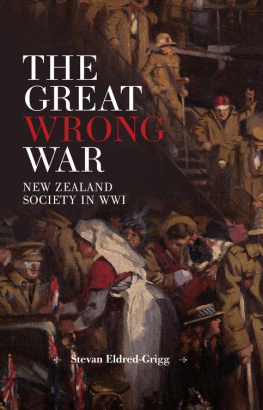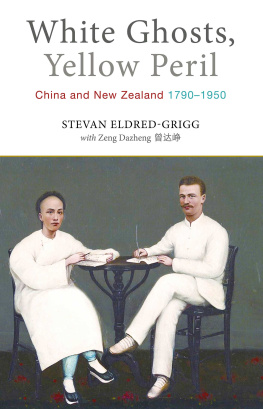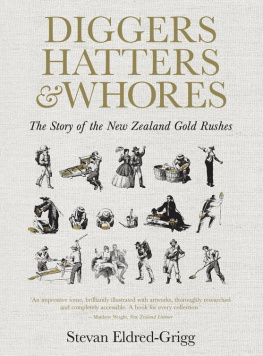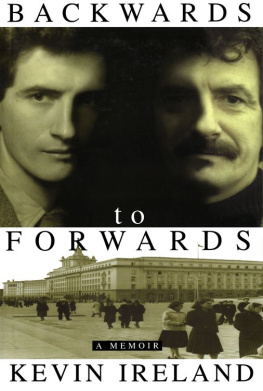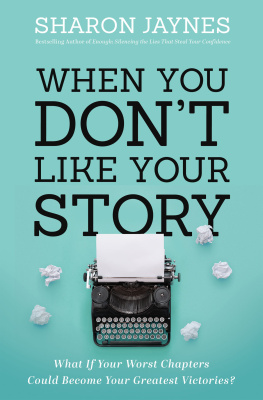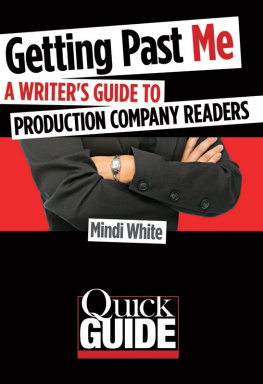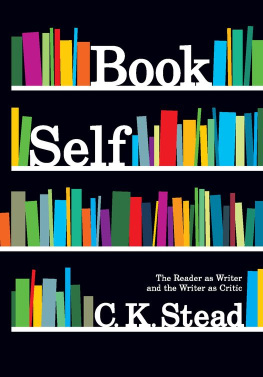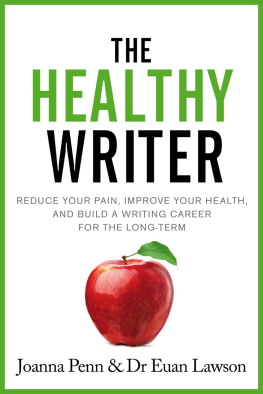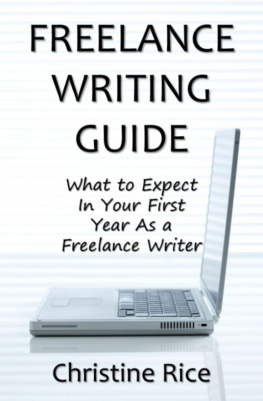MY HISTORY,
I THINK
Stevan Eldred-Grigg
https://eldred-grigg.weebly.com/
Piwaiwaka Press
copyright 2020 StevanEldred-Grigg
ISBN 9780463182666
My History, I Think was first published by
Penguin Books (NZ) Ltd, Auckland,1994
Smashwords Edition, Licence Notes
This ebook is licensed for your personal enjoymentonly. This ebook may not be re-sold or given away to other people.If you would like to share this book with another person, pleasepurchase an additional copy for each recipient. If youre readingthis book and did not purchase it, or it was not purchased for youruse only, then please return to your favourite ebook retailer andpurchase your own copy. Thank you for respecting the hard work ofthis author.
Contents
Chapter Ten: Thenew country
ChapterOne
ARE YOU THERE?
I open the glass door with a small key. Made inItaly, the key tells me. It is one of a bunch of stainless steelkeys I carry with me always when I leave the house. Keys for thetwo cars. Keys for the front door, the back doors, and for two ofthe French doors that open onto the courtyard. I walk into the calmof a white and glass kitchen. The keys are a burden.
I let them drop. I often use keys as symbolsin my stories. They fall the keys, I mean, not the stories ontoa smooth surface next to one of the telephones. Things fall fast.The telephone is white. I dislike telephones. Things fall so fast.The telephone is the property of Telecom, of course, and chargesare levied for its service.
Introducing Familiar Voices, from Clear,says a glossy pamphlet beside the telephone. Clear Communicationsoffer you Familiar Voices.
An advertisement for an alternative tollservice. I glance at the gloss, and consider accepting theoffer.
Most of us have family or close friendsliving around the country or overseas, the pamphlet assures me.Until now you may have felt that staying in touch with them bytelephone has been expensive so you probably havent called asoften as you would like. Until now. Familiar Voices is our way ofbringing your favourite people closer. No matter the distance,well bring your favourite people closer to you for less.
A little red light blips at me from thewhite carapace of an answerphone connected, by a cord, to thesmooth white case of the receiver, I, not Telecom, own theanswerphone. The red light signifies that a message has beenrecorded and stored inside the answerphone. Telephones were blackwhen I was a child. Black, except in the interior scenes of certainfilms, films for which critics had a name.
White telephone movies, the critics calledthem.
I wrote a novel, once, in which a red lightrepeatedly flashes.
A pilot light, I called it.
The light, I mean, not the novel.
Names matter. Words are almost all we have.I decide not to play the recorded message until later in the day,by which time, with luck, it will prove to be redundant. My armshurt. I am clenching the plastic grips of six supermarket bags. Idislike shopping at the supermarket and try to turn it into anadventure by carrying as many plastic bags as possible from the carto the kitchen. The keys I carry between my teeth. The system issimplicity itself. I advance up the driveway on my return from thesupermarket, I roll the car past the waxen arms of a five finger ina white tub, then press the remote control. The steel door liftssilently. I park the car, turn off the ignition, and once morepress the remote control. The steel door slams shut. I pull thekeys from the ignition, step across to the glass door whichconnects the garage with the interior of the house, and unlock. Iput the keys between my teeth, step back to the car, then struggleto gather up the plastic bags all bulging with parcels andpackets and bottles my aim being to set a new personal record forthe number of bags I process at one time.
The important thing, of course, is not tomake too many trips back and forth across the black slated surfacesbetween the garage and the kitchen. The tedium of those trips. I amnot fond of travel. Worse, I hate travel endlessly repeated.
Not that I can complain of many things, orperhaps anything, in my life.
You dont know youre alive! my mothertells me.
Half a weeks worth of groceries soon slouchin their white plastic bags all over the bone-toned surfaces of thekitchen. I start to distribute the individual items. First, thecold things for the refrigerator. The refrigerator is white.Whiteware. I dislike whiteware, but I dislike it even more when itis not white. Dishwasher. Microwave oven. Two convection ovens.This is a point of interest, it is noteworthy that I as an adult,as a mature man, now know that I need to call such an appliance aconvection oven, when was a child the only name I knew was simplyoven.
Which leads me to think of notes ofunpublished novels burning on a domestic hearth, and fires fillingthe interior of a department store, and incinerators atAuschwitz.
I stow Stilton and Camembert inside a smallplastic chamber.
The important thing is not to leave thekitchen until the groceries are unpacked. Not to walk across theblack slates into the gallery. Not to stride over those blackslates, not to advance through the gallery, not to see the bigglass doors, transparent but weighty, which open onto the pinktiles and limestone walls of the courtyard. My task is not to lookat the cypresses and the cordyline albertii of the courtyard, thosecostly young trees in their big pots of terracotta importedexpensively from Italy. My purpose, also, is not to step across thetiles to touch the pleached hedge of hawthorn. Nor to pad into theparkland that surrounds our house, to admire its placid dispositionof lawns, greensward, pleasance. Its specimen trees, its beechesand lindens and weeping willows, dipping softly into the river. Ifeel fond of the park. The park around our house is the sort ofsight I have seen all my life, all my life I have seen weepingwillows and lawns of green, dipping down to quiet rivers, the Avon,the Heathcote, the Styx.
The reason not to walk away from the kitchenis unrelated to what waits outside the windows. The reason not towalk away is that at the end of the gallery, where we have hung thepainting by Cordeaux, is a door that opens into an office. Theoffice is my office. It is a neat space furnished with nice thingsand affording a handsome view to the river. Inside the office,imprinted on the C drive of a computer on a wide rimu desk, waitsan unfinished work of history.
I want not to consider that history.
My history, I think.
I have, at present, no intention ofattending to that. The sacks from the supermarket are to beunpacked. I unpack them. Oranges and lemons. Courgettes, capsicums.Topside, a whole hunk of it, bleeding into a styrofoam tray. Filletpork. Lamb. A focaccia baked by Bardelli. My young sons are fond offocaccia, Interesting that focaccia has become one of theappurtenances of the upmarket table, when what is it, afterall?
A crude bread. A baked dough. Nothingmuch.
Rough thing from the oven.
Thats what it -means, more or less,translated from the Italian. A phrase that reminds me of anotherphrase, a title, the name of a volume of fiction, a collection ofshort stories published by a careful but dead Canterbury writer, acolonial predecessor of mine. Brown Bread from a ColonialOven.
The source of those stories? BlancheBaughan.
I blanch things often, in my white and glasskitchen. History. The unfinished history. A history I have tofinish.
Shampoo, bath soap. The soap and shampoo arescented, innocuous. They need to be taken to the bathroomsupstairs. I start for the stairs. I feel peaceful. My shoes of softleather, bought in the West End of London, skim over the blackslates.
I see, through an open door, my office.
The unfinished history.
The mind, on these occasions, seems to workwith unwonted unwanted speed. Rationalisations arise as vividas those dreams dreamed just before waking. At any rate, during thesecond of time in which I look through that doorway, I see myoffice with its papers squared tidily on my big rimu desk. My mindhas wandered. Instinct has taken me unconsciously towards thedownstairs bathroom instead of the upstairs bathrooms, and I haveas a consequence been compelled to observe my office. I see, withan almost leisurely shock, that my desk drawers are shut perfectlytight, that the papers and letters have not been disturbed at allsince I rose from them an hour earlier, when I ceased writing anddecided it was necessary to buy groceries at the supermarket. Itell myself, with a jerk, what I need to know.
Next page
